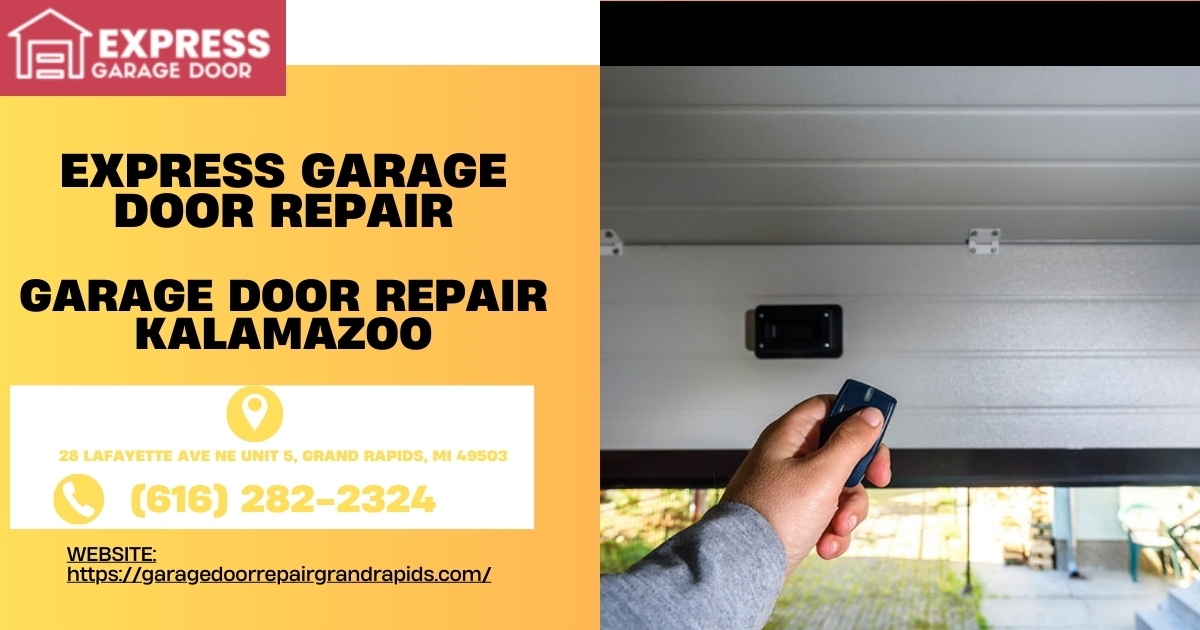When it comes to home convenience, a garage door opener plays a crucial role. This essential device not only provides ease of access to your vehicle but also enhances your home's security. With various types available on the market, choosing the right type of garage door opener for your home can be a daunting task. In this article, we will explore the different types of garage door openers, their features, benefits, and how they can affect your overall garage door service needs.

Understanding Garage Door Openers
What is a Garage Door Opener?
A garage door opener is an automated device that opens and closes a garage door with minimal effort. It typically includes a motorized unit mounted above the door and operates using remote controls, wall-mounted switches, or even smart technology through mobile apps.
The Importance of Choosing the Right Type
Choosing the right type of garage door opener is paramount for various reasons:
- Safety: An appropriate opener minimizes accidents and injuries. Convenience: With modern technology, you can operate your garage door remotely. Security: A well-chosen opener adds an extra layer of protection against intruders. Maintenance: Different types have varying maintenance needs which may influence your local garage door repair options.
Types of Garage Door Openers
1. Chain Drive Garage Door Openers
How They Work
Chain drive openers use a metal chain to lift and lower the garage door. They are known for their reliability but can be noisy during operation.
Pros and Cons
| Pros | Cons | |---------------------------|----------------------------| | Affordable | Noisy | | Reliable | Requires more maintenance | | Suitable for heavy doors | Less suitable for homes near living areas |
2. Belt Drive Garage Door Openers
Mechanism Overview
Belt drive openers utilize a rubber belt instead of a metal chain. This results in quieter operation compared to chain drives.
Advantages and Disadvantages
| Advantages | Disadvantages | |---------------------------|----------------------------| | Quiet operation | Generally more expensive | | Less wear and tear | May require professional installation |
3. Screw Drive Garage Door Openers
Functionality Explained
Screw drive systems work by turning a threaded steel rod that moves the trolley up and down. They are less common but offer some unique benefits.
Pros vs Cons Table
| Pros | Cons | |---------------------------|----------------------------| | Fewer moving parts | Sensitive to temperature changes | | Moderate noise level | Needs lubrication occasionally |
Choosing the Right Type of Garage Door Opener for Your Home Based on Size and Weight
Assessing Your Garage Door's Specifications
Before selecting an opener, measure both the size and weight of your garage door. Most homeowners overlook this crucial step.
Weight Considerations in Opener Selection
Heavier doors like those made from solid wood may require more robust models such as chain or belt drives tailored for heavier loads.
Smart Garage Door Openers: The Future is Here!
What are Smart Garage Door Openers?
These devices connect to your home’s Wi-Fi network allowing you to control them through smartphone apps or voice commands via devices like Amazon Alexa or Google Assistant.
Benefits of Smart Technology in Garage Doors
- Remote access from anywhere Real-time notifications if someone opens or closes the door Integration with home automation systems
Installation Considerations for Your New Opener
DIY vs Professional Installation
While some homeowners opt to install their openers themselves, professional installation is often recommended especially if you're considering emergency garage door repair in the future.
Essential Features to Look For in a Garage Door Opener
Safety Features
Features like auto-reverse mechanisms prevent accidents by reversing the door's direction if something obstructs its path.
Power Requirements
Most residential units require standard voltage but check specifications before purchasing to avoid compatibility issues.
Maintenance Tips for Longevity
Regular maintenance guarantees optimal performance over time. Here are some tips:
Lubricate moving parts monthly. Inspect safety features regularly. Have routine inspections from a reliable garage door company near me.Troubleshooting Common Issues with Garage Doors
Understanding common problems helps homeowners address them quickly before they escalate into costly repairs.
Garage Door Won't Open?
Check power https://www.facebook.com/profile.php?id=61565179446229 supply first; if connected but non-functional, consider contacting local garage door repair services.
Unexpected Noises During Operation?
Loud sounds often signal mechanical issues like misalignment or worn-out gears – don’t hesitate to seek expert advice!
Emergency Situations: When To Call For Help
Sometimes immediate help is necessary – here’s when you should reach out:
- If there’s physical damage to your system If unusual noises persist despite troubleshooting In case of emergencies such as being locked out
Frequently Asked Questions About Garage Door Openers
How long do garage door openers last?- Typically between 10–15 years depending on usage and maintenance.
- Yes! Many older systems can accommodate new technology such as smart features or enhanced safety measures.
- First, check batteries; if that doesn't solve it, consider reprogramming or consulting a local service provider.
- While possible, improper installations can result in malfunctions; it's often wiser to engage professionals.
- Costs vary widely based on parts needed but generally range from $100–$300 depending on severity.
- Screw drive models tend to perform well in fluctuating temperatures due to fewer parts affected by cold conditions.
Conclusion: Making an Informed Decision for Your Home's Security and Convenience
In conclusion, choosing the right type of garage door opener for your home requires careful consideration of various factors including size, weight, budget constraints, desired features (like smart technology), and personal preferences regarding noise levels during operation.
By understanding each type's pros and cons along with essential maintenance practices, you'll ensure that not only does this investment serve its purpose effectively but also enhances safety while cutting down unnecessary costs associated with emergency repairs down the line!
Remember—if ever you're in doubt regarding installation or repairs don't hesitate reaching out to trusted professionals who specialize in local garage services!
This comprehensive guide aims at providing clarity about different types available so you can confidently make choices tailored specifically towards ensuring smooth operation throughout its lifespan!
